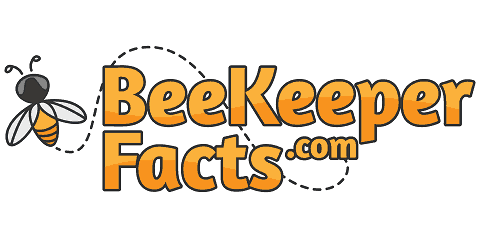Can You Harvest Honey Your First Year? Is It Realistic?
Being a beekeeper can be an enjoyable hobby anyone can get involved with. However, what new beekeepers struggle to understand is when to properly harvest the honey that comes from the hive. For this article, we will discuss if harvesting honey in the first year is ok. Well, is it?
It’s recommended to not harvest honey within the first year. Harvesting within the first year will only provide a minimal amount of honey and may reduce the hive’s chance for survival. The hive is still growing and must produce enough to get through winter before it can produce any excess honey.
Overall, it is best to allow the hive to produce during that year with barely any interruption. Their production will be focused on survival during the cold winter season. Let’s further explore specific reasons why one should not harvest or minimize their harvesting efforts in the first year.
A Growing Hive
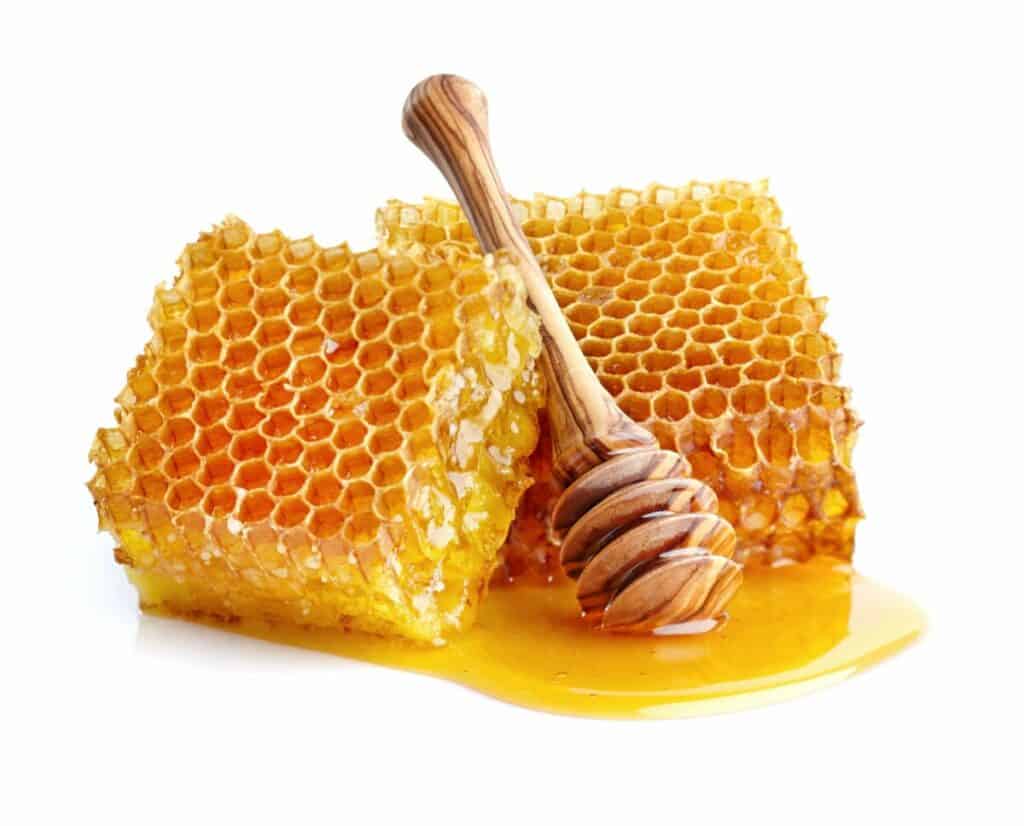
When it comes to keeping your honeybees, it is important to note that in the beginning, the hive will be small considering that most will be focused on producing just enough for themselves to manage through the winter season. They will also be operating with the queen which will produce more hives to swarm and produce rows of honeycomb. Throughout the start of this process, it is best to leave them to their own device in pollinating in that first season. There will also be times when the young hive will struggle to produce anything, depending on the month when the hive started working and will require extra feed from the beekeeper. Overall, the hive will be doing its best to gather enough resources to get by through the remainder of the first year.
There will also be times when the hive is too large for a single box and therefore must be divided equally to prevent overpopulation and hindrance of nectar flow. Managing this while also managing their food intake, if any, will be the primary goal for the first year. Allow them to produce as much as possible while keeping a reasonable number of bees in at a time and feeding them if somehow, they are still short in food storage.
When to Harvest
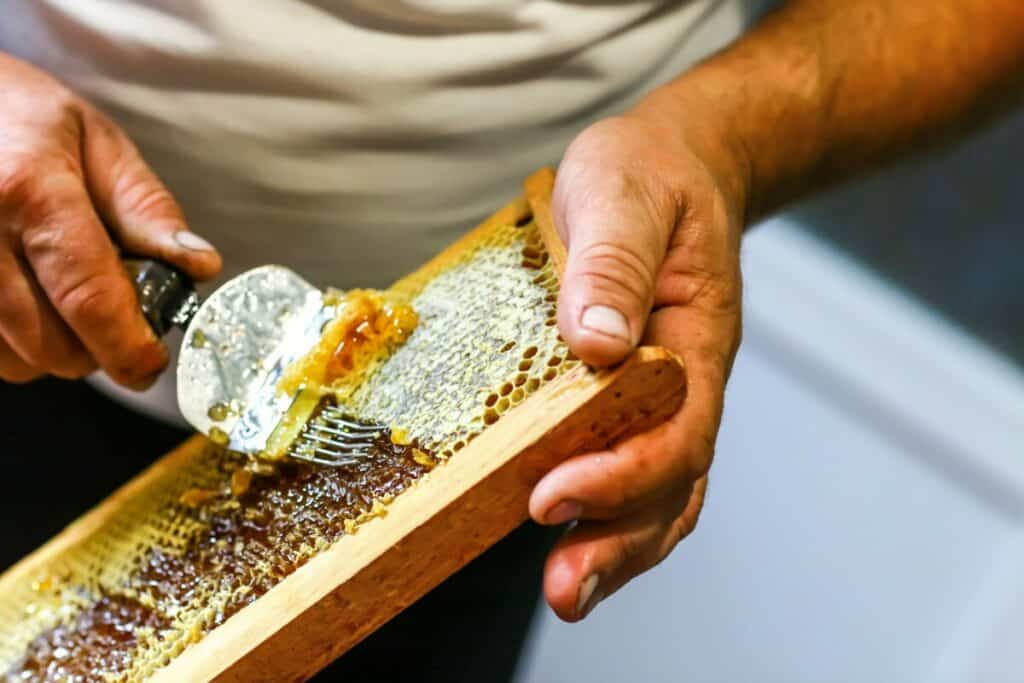
As this article stated, it is generally not recommended to do any harvesting in that first year. The supply of honey will be low still and taking any honey during that time may reduce the overall food storage the hive needs for winter. Winter is a brutal time for any animal to find food, therefore is important to allow them to gather as much as possible since we will not know exactly how much they need. Extracting the honey too early will result in a food shortage that will not allow the hive to survive through the winter. You will be lucky if any of the hive survives, but most times, it will die off because of the lack of food they produced for themselves.
Now that we have made this note, the best time to consider harvesting is after the first year during the nectar flow times. For example, there are several flow times such as mid-April to May, mid-June to week 1 August, and remaining August to September (source). These times are the best as nectar flow indicates the peak blooming process from the hive (source).
Uncapped Honey
Another reason why the first year is not the best time to extract honey is that most of the honey is uncapped. What this means is that uncapped honey is honey that is too wet for the hive to seal with wax (source). They are edible but will ferment quickly.
The goal is to extract honey that has been capped, or wax sealed by the hive, for a longer, lasting honey supply for you. This can be compared to jars and their lids that preserve food within them for a longer time (source). The honey remains fresh and edible over time.
How Much Honey
Again, from the first year, you should not take any or much from the hive. Any time after the first year, you may take honey from them, however, the question is how much? According to some and on a good year, about 100 lbs is sufficient, while others focus on the average of about 30 to 60 lbs per hive (source). Remember, though the hive has made it through its first year, it doesn’t mean they no longer need honey. It is all about the upkeep for them and excess honey is extremely common. This excess of honey is most likely the honey you will be extracting from them. If you are unsure of the correct amount, consult with an experienced beekeeper to decide the correct amount based on your current hive’s progress (source).
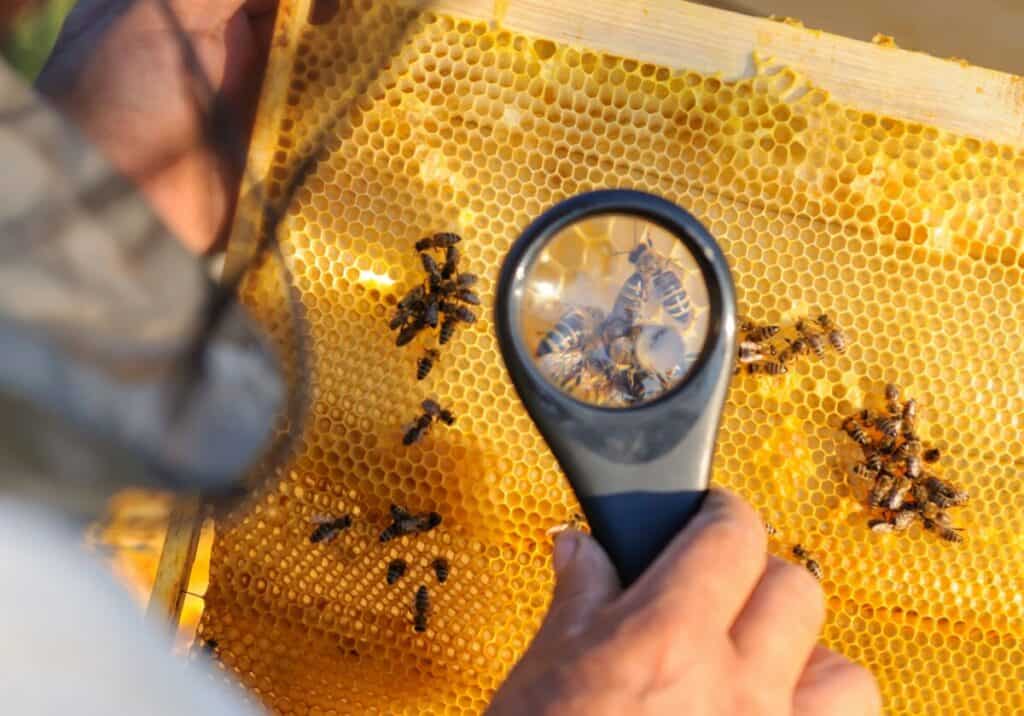
After the first year, it will be common to have excess and leftover honey from the winter seasons, in which would be ok to extract. Again, we are making sure that we take enough honey for ourselves while leaving plenty for the hive to feed off and survive in order to continue this process.
Is It Realistic?
If you are excepting a surplus of honey within the first year, even starting to keep bees at the proper seasons early in the year, it is not realistic to start harvesting a large amount of honey. The most you will ever get is enough to fill a single slice of toast. Do not expect a large amount, unless you are somehow lucky, but this is rarely the case in the first year. Be patient and make sure you are taking care of the bees during this time. All expectations will come within the second year and forward once one waits.
In the end, extracting and collecting honey from your hive is an excellent way to build up your honey content. Always be mindful of the bees’ well-being by not taking any honey from them for the first year. And even if you do, do it very scarcely and infrequent. The hive cannot thrive without its own reliable source of food. Always consult with experienced beekeepers for advice and information that can further enhance your beekeeping abilities. Enjoy your honey!
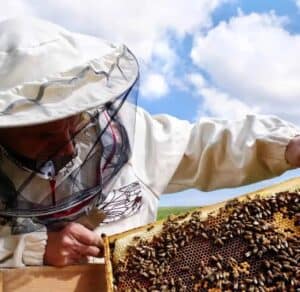
Joseph Davis
My goal is to show that anyone can take up beekeeping and it can be a very rewarding hobby. I strive to share my experiences and answer any questions you may have.
